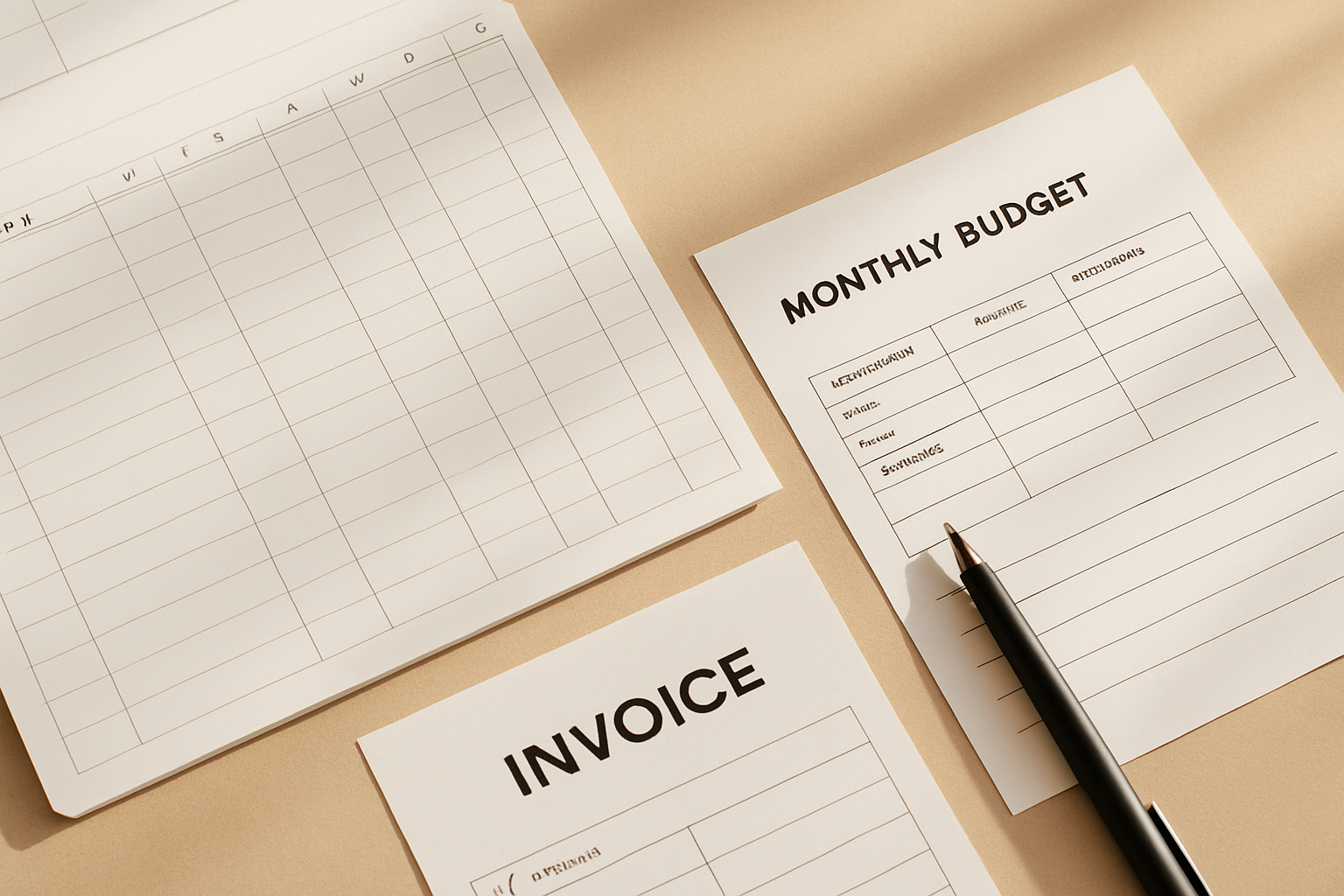Lessons I’ve Learned Helping Small Businesses With Their Books
When I first started working with small businesses as an accountant and QuickBooks ProAdvisor, I expected to spend most of my time crunching numbers. What I didn’t expect was how much of my job would be part educator, part problem solver, and sometimes even part therapist.
Over the years, I’ve worked with hundreds of businesses- startups, solopreneurs, brick-and-mortar shops, service providers-and while no two businesses are exactly alike, certain patterns come up again and again. I’ve seen what works, what doesn’t, and where small business owners tend to get stuck.
Here are six lessons I’ve learned from the frontlines of small business bookkeeping-and a few tips to help you avoid common pitfalls.
- Don’t Mix Personal and Business Finances
It may sound obvious, but it’s one of the most common issues I see. A business owner opens a new business, starts making purchases, but never opens a dedicated business checking account. Before they know it, they swiping the same card for groceries and vendor payments.Mixing personal and business expenses is more than just messy-it can create a nightmare at tax time and even raise red flags with the IRS.
Pro Tip: Open a separate bank account and savings account for your business, even if you’re a sole proprietor. It’ll make your bookkeeping (and your life) much easier. - DIY is Fine- Until It’s Not
I completely understand the DIY mindset-especially when you’re just starting out. You want to save money and figure things out yourself. And for many, that works…for a while. But I’ve had countless clients come to me in March with a full year’s worth of tangled transactions, duplicate entries, and miscategorized expenses. Cleaning that up is often more expensive than if I had helped from the beginning.Pro Tip: If you’re going to DIY, make sure you at least get help with the initial QuickBooks setup. Better yet, schedule quarterly check-ins with a professional. A little guidance goes a long way.
- Cash Flow is King (and Queen)
Many small businesses look profitable on paper but struggle to pay the bills. Why? Because they don’t have a handle on cash flow. You can have $50,000 in sales this month- but if you don’t collect that money until next month, and the payroll is due today, you’ve got a problem.Pro Trip: Stay on top of accounts receivable and automate your invoice reminders. And always keep a cash buffer when possible.
- Your Books Tell a Story – If you Know How to Read Them
Your profit & loss statement, balance sheet, and cash flow report are more than just tax documents-they’re tools to help you make smart decisions. I worked with one client who was planning to eliminate a service because they thought it wasn’t making money. After reviewing their financials together, we discovered it was actually their most profitable offering. They were underpricing it and undervaluing it. But until they spent time reviewing their financials, they didn’t know it.Pro Tip: Take 30 minutes at the end of each month to look at your reports-or have your bookkeeper walk you through them. The numbers are trying to tell you something.
- Waiting Until Tax Season is a Costly Mistake
If the first time you’re looking at your books in when it’s time to file taxes, you’re running your business blind 90% of the year. Plus, you’re missing out on valuable opportunities for tax planning, budgeting, and catching errors.Pro Tip: Make bookkeeping a habit. Whether you do it yourself or outsource it, consistent record-keeping save you time, money, and stress.
- You Can’t Be Expected to Know What You Don’t Know
One of the most important things I’ve learned-both as an advisor and as a business owner myself – is this: you’re not supposed to know everything. Accounting, taxes, software setup, compliance…it’s a lot. An no one starts a business thinking, “I can’t wait to spend hours categorizing transactions in QuickBooks. “I’ve had clients apologize for their messy books or feel embarrassed asking what they think are “basic” questions. But here’s the truth: if you haven’t been taught how to manage our books, how would you know?Pro Tip: Give yourself grace. You started your business to do what you love-not to become an accountant overnight. that’s what professionals like me are here for: to bridge the gap, help you understand your numbers, and take the pressure off.
Final Thoughts
Running a business is hard enough without also trying to become your own accountant. And the truth is, you can’t be expected to know what you were never taught. that’s not a failure- it’s just an opportunity to get the right support. Whether you need help untangling the past year, setting up QuickBooks the right way, or just want a second set of eyes on your numbers, I’m here to help.
Want help cleaning up your books or setting up QuickBooks the right way? Let’s talk. I offer free consultations / ongoing support / one-time cleanups/QuickBooks Support & Services-something to help you where you are today. Let’s connect. I’ve got your back.





